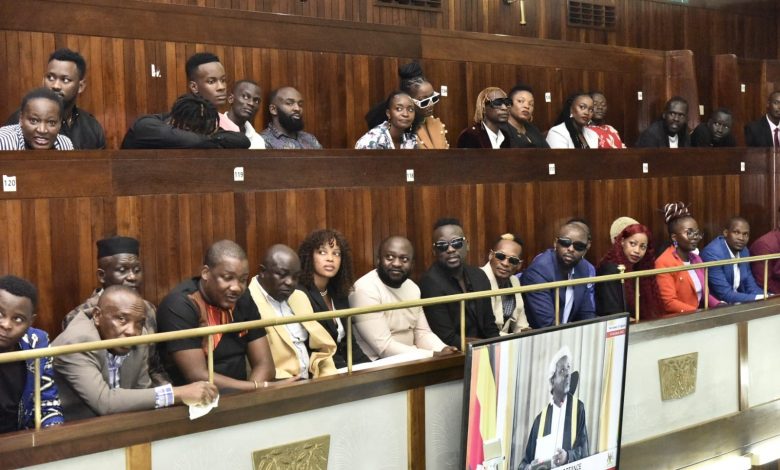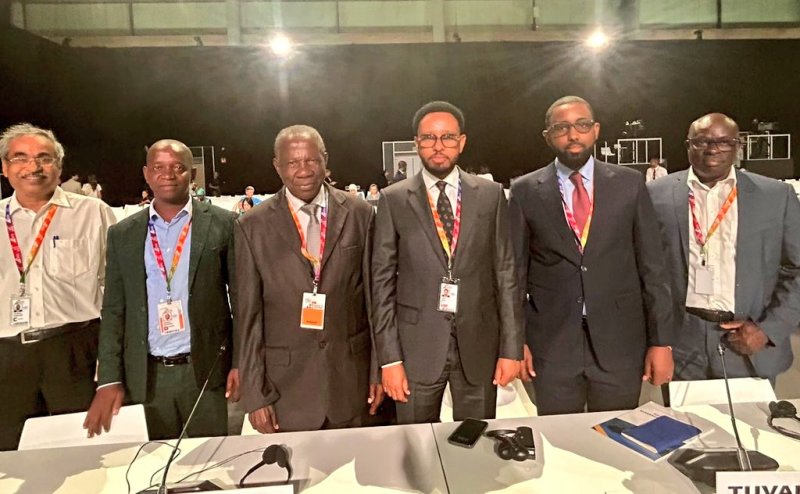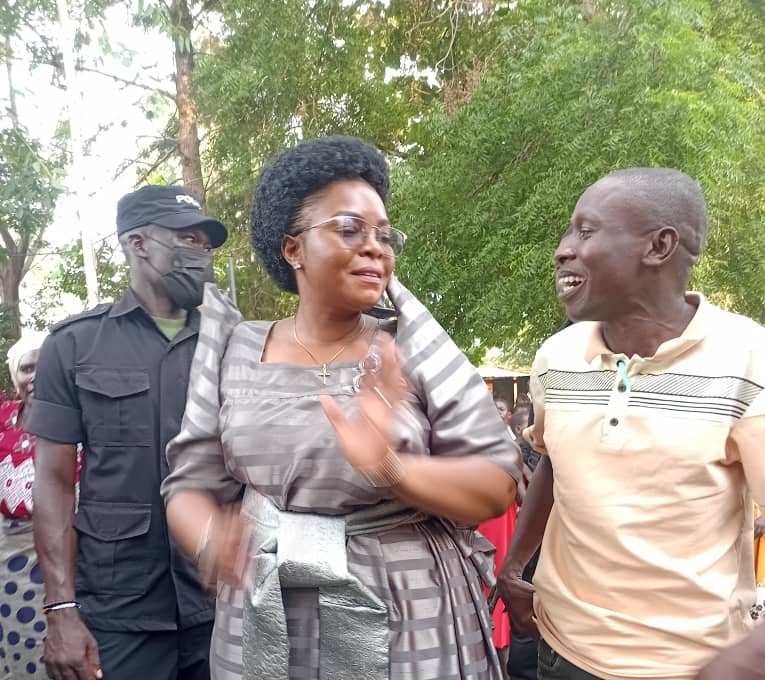The role of radio and TV in shaping Ugandan entertainment
Stations like Capital FM, CBS Radio, and Radio Simba have become household names, providing a platform for musicians to debut their latest hits, and for comedians and presenters to gain national fame.

As Uganda’s entertainment scene continues to grow, radio and television remain essential platforms for bringing local talent and content to the masses.
Despite the increasing influence of digital media, traditional radio and TV still hold a unique space in the country’s cultural landscape, providing a platform for musicians, comedians, actors, and influencers to reach audiences far and wide.
From chart-topping music shows to dramatic TV series that captivate viewers nightly, these mediums have shaped and continue to shape Ugandan entertainment.
For decades, radio has been the heartbeat of Ugandan entertainment. From bustling urban centers to the most remote villages, radio waves penetrate every corner of the country, making it an unmatched tool for reaching large, diverse audiences.
Stations like Capital FM, CBS Radio, and Radio Simba have become household names, providing a platform for musicians to debut their latest hits, and for comedians and presenters to gain national fame.
According to recent data, over 80% of Ugandans still tune in to the radio regularly. Radio personalities like James Onen (Fat Boy) and Alex Ndawula once became household names, with their morning shows becoming a blend of entertainment and discussion that kept listeners informed and amused.
Music programs are particularly influential in shaping the music landscape, playing both international tracks and promoting local artists. They offer an essential springboard for up-and-coming musicians who might not yet have access to digital distribution platforms like Spotify or YouTube.
Radio’s power lies in its accessibility, particularly in rural areas where internet penetration is low, and smartphones are scarce. While social media may be more prominent in urban centers, radio remains an irreplaceable source of news, entertainment, and culture in many parts of Uganda.
A mix of drama, music, and reality
Television, while not as omnipresent as radio, has made significant strides in shaping Uganda’s entertainment culture. National broadcasters like Uganda Broadcasting Corporation (UBC) and private stations such as NTV, NBS, and Bukedde TV have played pivotal roles in bringing Ugandan stories to life on screen.
Drama series captured the attention of viewers, offering relatable content with a distinctly Ugandan flavor. These shows did more than just entertain; they introduced Uganda’s burgeoning film industry to the public, proving that local content could compete with imported soap operas and international TV shows.
Reality TV has also seen a significant rise in Uganda. Shows like Kampala Cream and The Pearl of Africa have not only entertained but have brought attention to social issues such as relationships, health, and cultural diversity. These programs engage Ugandans in conversations that matter while maintaining entertainment value, pushing TV to serve not just as an entertainment outlet but also a tool for education and societal reflection.
Music television programs are another key player in shaping Ugandan entertainment. Shows like NTV’s Xpozed and NBS’s KatchUp provide platforms for local artists to showcase their talent. These programs often feature live performances, interviews with artists, and music video premieres, ensuring that the vibrant Ugandan music scene has a solid presence in the living rooms of millions of viewers.
Challenges and Opportunities in the Digital Age
As the world becomes more digital, radio and TV stations in Uganda are finding new ways to adapt to a changing entertainment landscape. Social media platforms like YouTube, TikTok, and Instagram have given artists and creators the ability to reach global audiences directly, bypassing traditional media. However, rather than being replaced, radio and TV have embraced these changes by integrating social media into their formats.
Most stations now have social media accounts where they post live-streams, highlights, and exclusive behind-the-scenes content. TV shows like NBS After5 have an interactive element, encouraging viewers to join the conversation online, bridging the gap between traditional and digital media.
This hybrid approach allows radio and TV to remain relevant in an era where younger audiences are increasingly drawn to digital platforms. Douglas Lwanga, one of Uganda’s most popular TV personalities, has expanded his reach beyond traditional TV by building a strong social media presence, ensuring he remains a key figure in Ugandan entertainment despite the shifting media landscape.
The Future of Ugandan entertainment on traditional platforms
While the rise of digital entertainment platforms continues, the role of radio and TV in Uganda’s entertainment scene remains significant. These mediums provide a crucial link between local artists and the public, offering exposure and building a sense of national pride in Uganda’s cultural output.
In a country where accessibility to digital platforms is not yet universal, radio and TV will continue to play an integral role in shaping the future of Ugandan entertainment. From promoting local music to fostering discussions on societal issues, these traditional forms of media have proven their resilience and adaptability.
As digital and traditional media continue to intersect, the future of Ugandan entertainment will likely be a collaborative one, where the best of both worlds comes together to create a richer, more diverse entertainment landscape.







